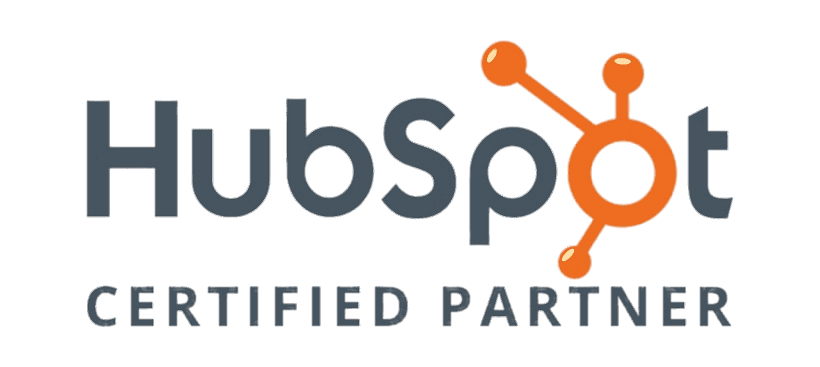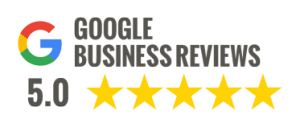IS IT REALLY ABOUT ORGANIC VS. PAID SEARCH?
Many clients have asked me, "Which is better – organic or paid?" My answer is always, "What are your business objectives?" The conversation isn't necessarily about organic versus paid search. If your goals are to get short-term results, then I would suggest paid. However, the best digital marketing includes a mix of both strategies.
INTEGRATION IS KEY
By integrating both your organic and paid initiatives, you'll be able to maximize traffic and conversion opportunities. Here are three reasons why:
- Optimizing for geographic locations organically can be taken to the next level by seeing what works within your location targeting Google Adwords campaigns.
- Evaluating your campaigns' efforts in Google Adwords can tell you something about your target markets, such as key buying times.
- Testing new personas can be more efficient when you evaluate ad copy to see what is triggering action.
It's crucial for companies to promote collaboration between their paid and organic search teams. Both teams work at developing keyword strategies, unique content and tactics for driving conversions. When I'm leveraged to help these in-house teams, I tend to look at four key performance indicators – click-through rate (CTR), conversions, return on investment and user engagement. These indicators offer more accuracy on the behavior of your audience while supporting your company's inbound marketing efforts.
The amount of data that is gathered through organic search doesn't really capture real action while the data that is collected from paid is usually from a small sample size – those in certain stages of the sales funnel. Therefore, your goal should be to merge the two strategies. It will help with reporting, objectives and overall communication.
LANDING PAGES DESIGNED FOR CONVERSIONS
While you can cross-reference your Google Search Console queries to your top landing pages in Google Analytics, it will only go so far in telling you which queries are converting. Google Adwords has more precise query data, helping you to determine the most valuable keywords.
Additionally, most digital marketers know that Google takes landing page relevance into account when evaluating quality score. Google looks to see if the content is relevant, trustworthy and easy to navigate. This is where organic can help as keywords will be included in the landing page's copy.
In my experience, I notice that organic search marketers don't always look at the goals for key pages in a website that drive conversions, such as product pages. By leveraging the mind of a paid search marketer, they'll learn why landing pages should include the following:
- Enticing headlines
- Supportive taglines
- Copy with a list of benefits
- Trust symbols
- A clear call to action
- An image that appeals to an emotion
CLICK-SHARE AND USER SIGNALS
With the all the updates to Google ads, digital marketers need to really keep in mind the results that are dominating search. Organic results are further down the page as text ads have expanded. According to WordStream, advertisers have seen their ads' CTRs increase by 20 percent. Therefore, digital marketers need to keep that in mind by creating a variety of Adwords campaigns that target users in other stages of the sales funnel.
Those users who clicked on your ads will land on your website. Therefore, they will impact your bounce rate and average time on the web page. Because of how much Adwords is dominating click-share and user signals, marketers think paid search marketing is completely driven by Google.
Google Adwords can be expensive for some companies as it can get expensive when bidding on the same keywords with the highest commercial intent. Thankfully, this isn't the only way to use Adwords.



